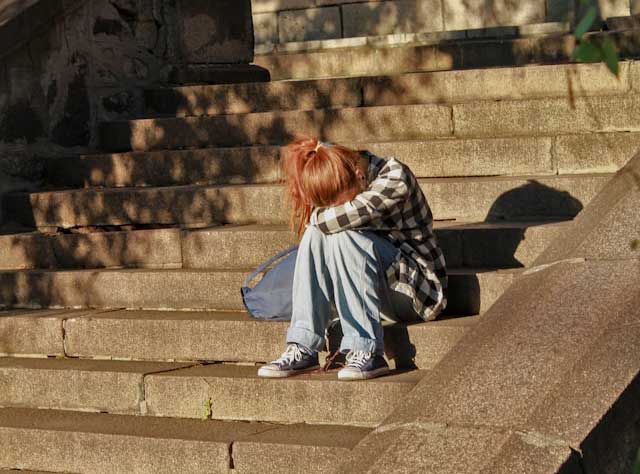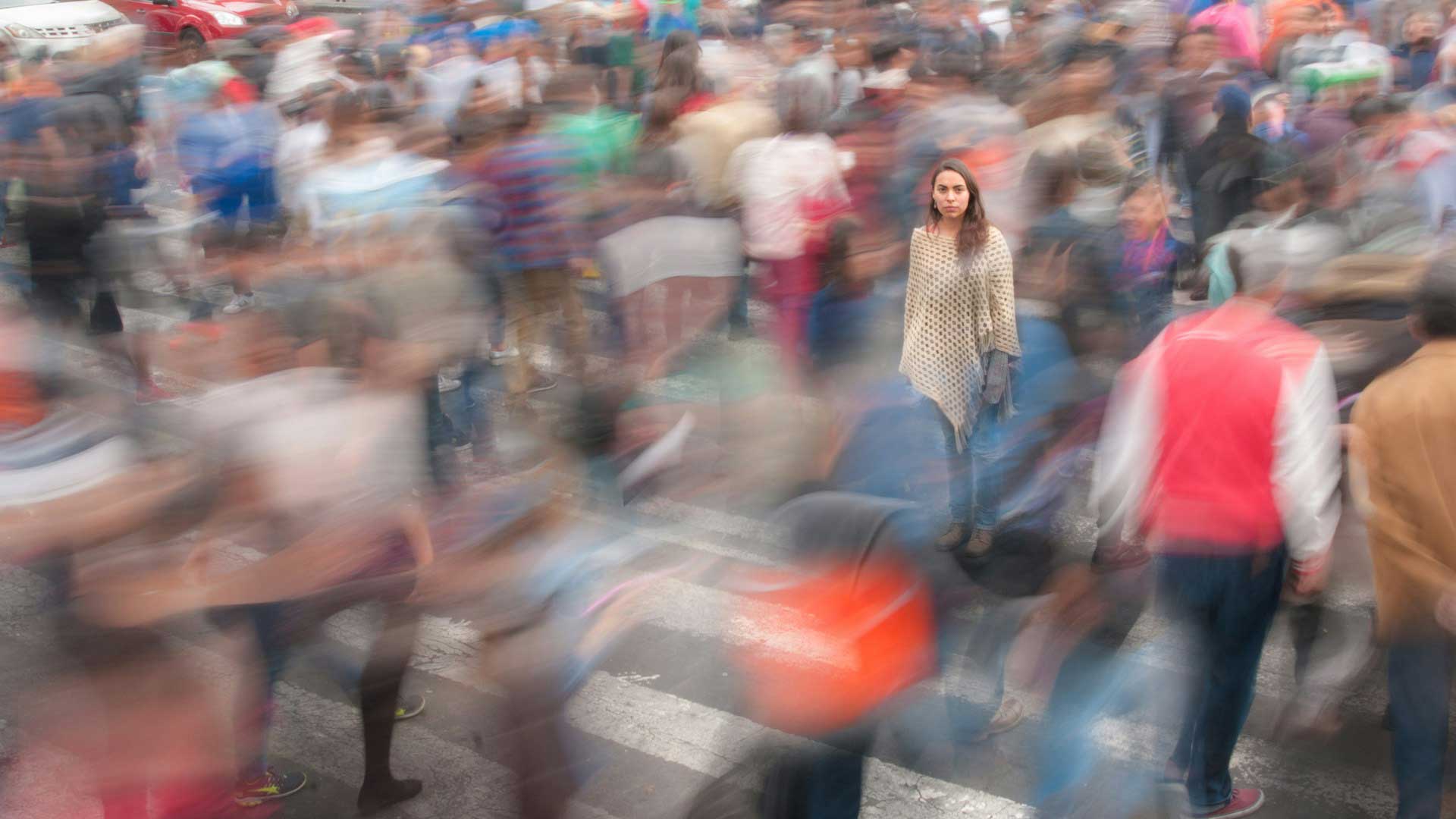Surprise! You’re Autistic
When people say “mid-life crisis,” there are certain elements often connected to this experience. Some people get divorced while others change jobs or get an expensive car. Still others might go through an inner transformation in the form of spiritual growth or loss of connection to ideals and goals they used to hold dear.
For me, my “crisis” was my life and learning I’m autistic was the epiphany that changed everything.
I knew my life hadn’t really been working for me for a long time, even though I had done so many things I was “supposed to do.” I earned three degrees, traveled the world, worked as a teacher, and had great relationships with a small group of people, particularly my mom and siblings.
Each time I took a new teaching contract or traveled to a new country, however, it wasn’t long before I was experiencing massive burnout. I was deeply tired deep in my bones much of the time. It was hard to stay motivated or spend time with people after work. I didn’t have the energy to engage in the interests I had previously enjoyed.
On the one hand, this didn’t feel healthy, but on the other hand, so many people deal with exhaustion and high stress, I convinced myself it was just the way life had to be.
Everything came to a head when I was teaching in Nunavut (the far north of Canada). The extreme cold and excessive darkness for several months at a time added to my already severe burnout. I pushed myself every day to do what I had to do at work, but after I got home, I was useless.
I started searching online for answers and soon enough, the algorithm gods started bringing me content from women who discovered they were autistic later in life.
With each essay, blog post, and social media video I consumed, the light bulbs kept going off. I couldn’t deny that so many of these experiences matched my own.
It wasn’t just burnout symptoms that resonated. It was also the people (mostly women, non-binary folk, and people socialized female) talking about years of struggling to fit in, keep up with their peers, and be understood by others.
It was stories of hyperfocus, trouble transitioning from one task to the other, passionate commitment (obsession) with justice, repetitive activities to help regulate a stressed-out nervous system, sensory overwhelm with clothes/crowds/bright lights, the joy of comfort foods and difficulty trying new foods, and engaging with activities and topics (special interests) to the exclusion of all else.

For the first time, I didn’t feel so alone.
Of course, not every autistic person has the same experiences. Some of us have a really hard time in school while others excel. Some autistic people have socially acceptable interests while others love things that make neurotypical society label them as “weird.”
Some of us love to talk (yes, that’s me!) while others hate talking to new people or struggle with verbal communication and may use assistive communication devices. Some autistic people avoid overwhelming sensory experiences while others seek out sensory stimulation.
This is where the idea of a “spectrum” comes into play. It does not mean that “we’re all a little autistic.” It means that among autistic individuals, our experiences are not the same and different aspects of our autism affect us to varying degrees.
In the following weeks, I will be posting numerous blog posts about my autism and healing journey.
Stay tuned for more content about meltdowns, burnout, masking/unmasking, special interests, what I gained from autistic coaching, unique challenges and strengths of an AuDHD human, internalized ableism, healing from spiritual abuse and other trauma, how BodyTalk has changed my life, healing from grief, and more. I will also be writing about my biggest passion – global justice and equality.
If these topics sound like things you’ll enjoy or benefit from, I look forward to you joining me on this journey.

